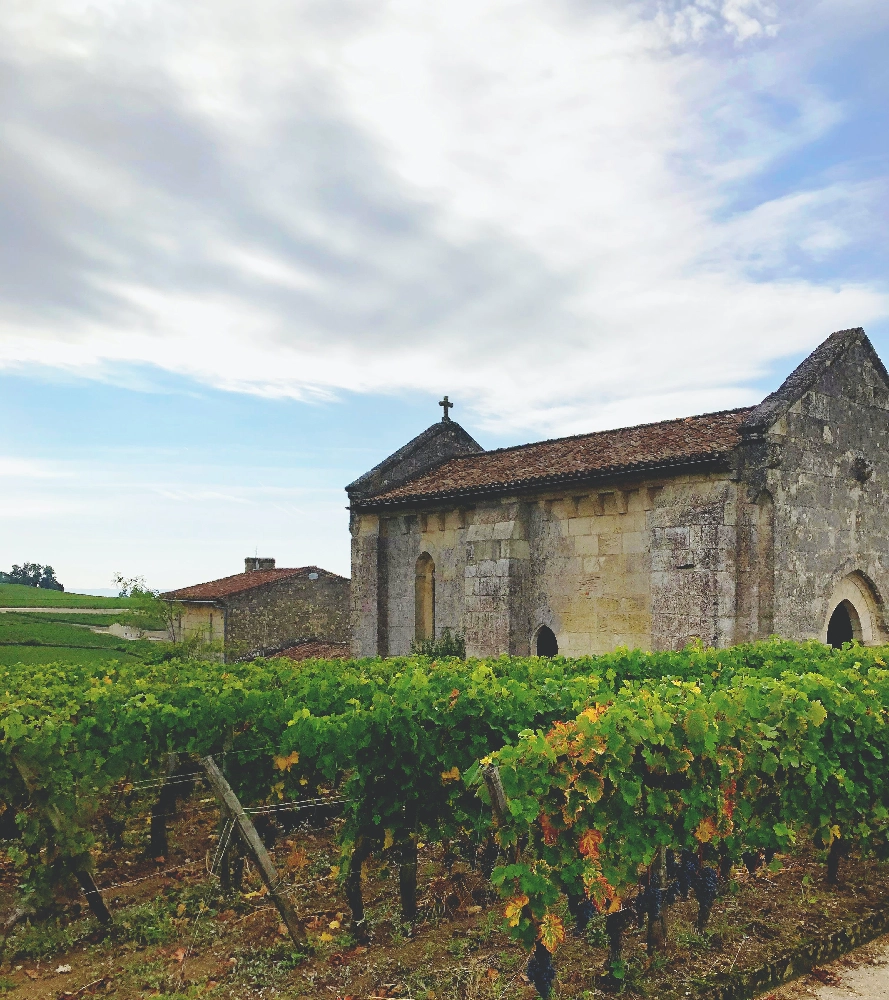
Pollino Wineries & Wines Stats
Wineries
3
Wines
10
A Journey Through Time: Pollino, the Hidden Gem of Wine History
Introduction: Pollino, nestled in the heart of Calabria, Southern Italy, is a region steeped in history and rich in natural beauty. While not as widely known as some of its more famous Italian wine counterparts, Pollino boasts a unique and fascinating wine heritage that has shaped the region's identity for centuries. In this historical review, we will embark on a captivating journey through time to explore Pollino's significant contributions to the world of wine.
Ancient Origins: The history of Pollino's wine culture can be traced back to ancient times when the Greeks, Romans, and later the Byzantines discovered the region's exceptional vineyards. The Greeks, particularly the Sybarites, are believed to have been the first to cultivate grapes in this area around 600 BC. Pollino's strategic location, at the crossroads of the Mediterranean world, facilitated its role as a vital trading hub for wine and other goods.
Monastic Influence: The arrival of monks during the Middle Ages significantly influenced Pollino's wine production. Monasteries such as that of Sant'Angelo in Pollinaro and San Biagio di Malvano were established, and their monks dedicated themselves to cultivating grapes and producing wine. These monasteries not only preserved ancient winemaking techniques but also introduced new varieties.
Renaissance and Beyond: During the Renaissance, Pollino's wines gained recognition throughout Europe, with many noble families and popes requesting shipments from this region. Pollino's wines were particularly prized for their unique qualities, such as their robustness, complexity, and ability to age gracefully. This period marked the beginning of a long-standing tradition of winemaking that continues to thrive in Pollino today.
Grape Varieties: Pollino's wine production is characterized by its diverse range of grape varieties. Some of the most notable include Magliocco, Gaglioppo, Greco Nero, and Malvasia di Sardegna. These grapes have adapted to the region's unique terroir, producing wines with distinct flavors and aromas that reflect Pollino's rich history and heritage.
Pairing With Local Cuisine: Pollino's wines have always been an integral part of local cuisine, with dishes such as 'casieddre,' a traditional Calabrian dish made from potatoes, beans, and pork, being expertly paired with the region's red wines. The white wines, on the other hand, complement seafood dishes or are enjoyed on their own as an apéritif.
Modern Era: Today, Pollino is experiencing a renaissance of sorts, with a new generation of winemakers embracing innovative techniques while respecting the region's proud wine heritage. The combination of tradition and modernity has resulted in a diverse range of wines that continue to captivate both local and international palates.
Conclusion: Pollino's historical significance in the world of wine is undeniable, with its rich history, unique grape varieties, and deep-rooted connection to local cuisine continuing to shape its identity today. As we raise a glass to Pollino's past, present, and future, we are reminded that this hidden gem of Southern Italy has much to offer the wine world and beyond. Cheers to the enduring spirit of Pollino's winemakers and the countless stories yet to be discovered within each bottle.
